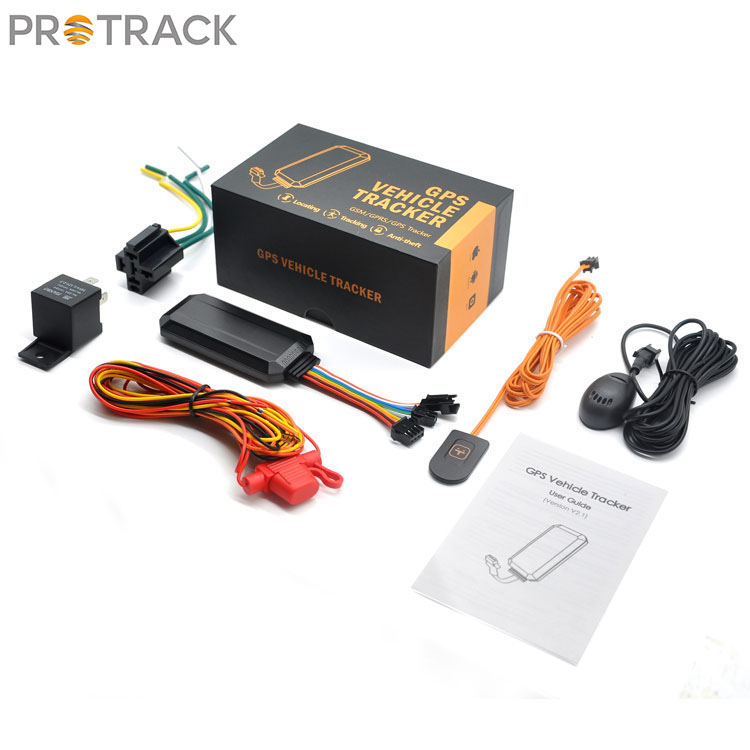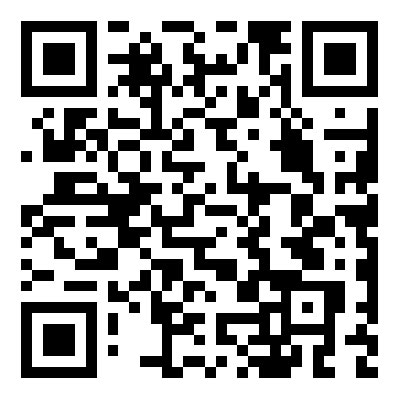Unveiling Versatility: Realtime Tracking GPS Tracker's Key Industries and Use Cases
2024-05-13
In today's fast-paced world, the Realtime Tracking GPS Tracker has emerged as an indispensable tool across various industries and applications. From enhancing fleet management to ensuring the safety of lone workers, this cutting-edge technology offers a myriad of benefits for businesses and individuals alike. Let's explore some of the typical use cases and industries where the Realtime Tracking GPS Tracker is most commonly employed.
1. Fleet Management:
Fleet management is one of the primary use cases for the Realtime Tracking GPS Tracker. By equipping vehicles with GPS trackers, fleet managers gain real-time visibility into the location, speed, and status of each vehicle in their fleet. This allows for efficient route planning, optimized dispatching, and improved driver safety. Moreover, GPS trackers can provide valuable insights into fuel consumption, vehicle maintenance, and driver behavior, leading to cost savings and operational efficiencies.
2. Logistics and Supply Chain:
In the logistics and supply chain industry, the Realtime Tracking GPS Tracker plays a vital role in tracking shipments, monitoring inventory, and optimizing delivery routes. By attaching GPS trackers to packages or assets, companies can accurately track their movement throughout the supply chain, from warehouse to final destination. This real-time visibility helps streamline operations, reduce theft and loss, and enhance customer satisfaction through timely and accurate deliveries.
3. Personal and Asset Tracking:
For personal use, GPS trackers offer peace of mind by allowing individuals to track the whereabouts of loved ones, pets, or valuable assets. Whether keeping an eye on children, elderly family members, or pets, GPS trackers provide real-time location updates and geofencing alerts for added security. Additionally, GPS trackers can be used to track valuable assets such as vehicles, bicycles, or luggage, reducing the risk of theft or loss.
4. Construction and Equipment Rental:
In the construction industry, GPS trackers are commonly used to monitor the location and usage of equipment and machinery. By attaching GPS trackers to construction vehicles, tools, and heavy equipment, contractors can prevent theft, track utilization rates, and optimize equipment deployment across job sites. This helps improve project efficiency, reduce downtime, and minimize equipment maintenance costs.
5. Lone Worker Safety:
For industries with lone workers, such as utilities, healthcare, and security, GPS trackers play a crucial role in ensuring employee safety. GPS-enabled personal safety devices allow lone workers to signal for help in case of emergencies and provide real-time location updates to monitoring centers or supervisors. This proactive approach to worker safety helps mitigate risks and ensures rapid response in critical situations.
6. Asset Management and Recovery:
In the realm of asset management and recovery, GPS trackers are invaluable tools for tracking and recovering stolen or lost assets. Whether it's high-value cargo, rental equipment, or vehicles, GPS trackers provide real-time location updates to aid in asset recovery efforts. By equipping assets with GPS trackers, businesses can deter theft, facilitate quick recovery, and minimize financial losses.
Conclusion:
In conclusion, the Realtime Tracking GPS Tracker is a versatile technology that finds applications across a wide range of industries and use cases. From fleet management and logistics to personal safety and asset tracking, GPS trackers offer real-time visibility, enhanced security, and operational efficiencies. As businesses and individuals continue to harness the power of location-based technology, the Realtime Tracking GPS Tracker remains a indispensable tool for navigating the complexities of the modern world.



